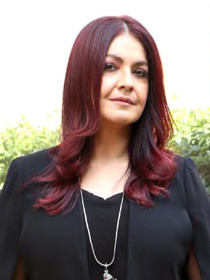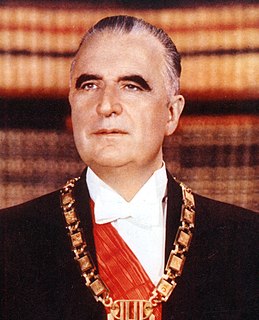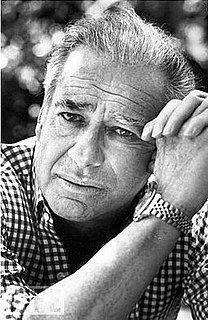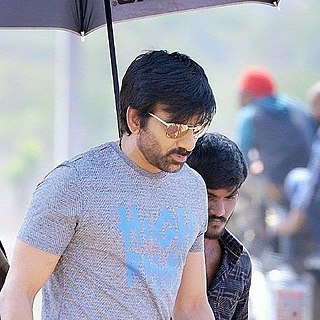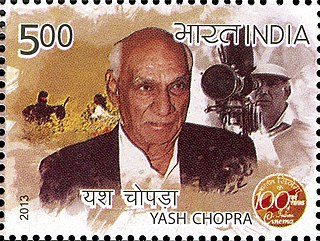A Quote by David Cage
The first movies were made by technicians building their own cameras. Movies became an art when technicians worked on the technique and artists took care of the content.
Related Quotes
Pretty early on in making the first movie I realized that this is what I wanted to do. I felt like by that time I just found my niche, like this is what I was supposed to be doing. So I completely submerged myself into the world of watching movies, making my own movies, buying video cameras and lights. When I wasn't making a movie, I was making my own movies. When I wasn't making movies, I was watching movies. I was going back and studying film and looking back at guys that were perceived as great guys that I can identify with. It just became my life.
I love movies; I grew up loving movies. I've always loved movies. I never thought about making movies until I took art classes and then I started studying different artists. As you study paintings, you see light and shadow, of course - Rembrandt, Eugène Delacroix. You start to understand the relationship between people and art, and images. For me, between movies that I watched and art, it was like, I'd love to make moving art. Moving pictures.
. . . you [film critics] always overstress the value of images. You judge films in the first place by their visual impact instead of looking for content. This is a great disservice to the cinema. It is like judging a novel only by the quality of its prose. I was guilty of the same sin when I first started writing for the cinema. . . . Now I feel that only the literary mind can help the movies out of that cul de sac into which they have been driven by mere technicians and artificers.
Richard Donner made great movies. Seminal movies. The Academy, though, and we have to be careful here, should recognize popular films. Popular films are what make it all work. There was a time when popular movies were commercial movies, and they were good movies, and they had to be good movies. There was no segregation between good independent films and popular movies.
Steven's Spielberg is one of the most visually talented and character-oriented directors I've ever worked with. And I learn from him every time I watch one of his movies. Good or bad - and he has made some awful movies - they're never uninteresting. He's made four or five of the greatest movies of all time. Perfect movies, like E.T. or Schindler's List or Saving Private Ryan.
All of my movies are about how I wish the world would work. I've made very few movies about how the world worked. I could name them on one and a half hands, about how my movies have been very reflective of how the world was exactly. A lot of my movies are really about the way I wish the world was, and that's what this whole art form is all about. It's an interpretive art form.
I want to do Hindi films, but a proper one and a good production. I'm even open to multi-starrers because those work better in Bollywood. But it should be with only Bollywood technicians, not the South Indian team. There's no point to my going to Bollywood if I work with the same artistes and technicians.
My technicians are my most important tools. Once I establish a rapport with them, then they would understand me in my next film. I wouldn't have to train anyone new. I give a lot of respect to all my technicians, because I'm a technician too. I wouldn't be able to convey a feeling if the writer didn't write it well, and the cameraman didn't shoot it well.

